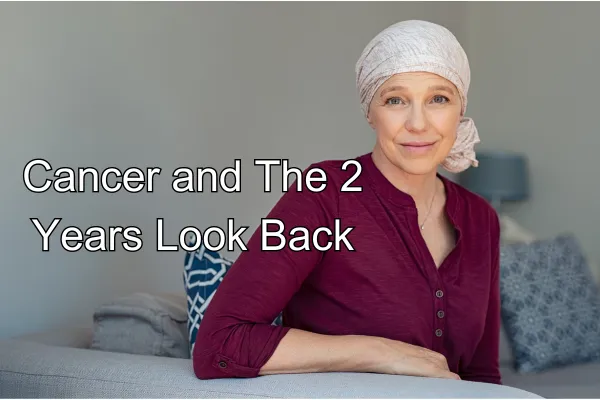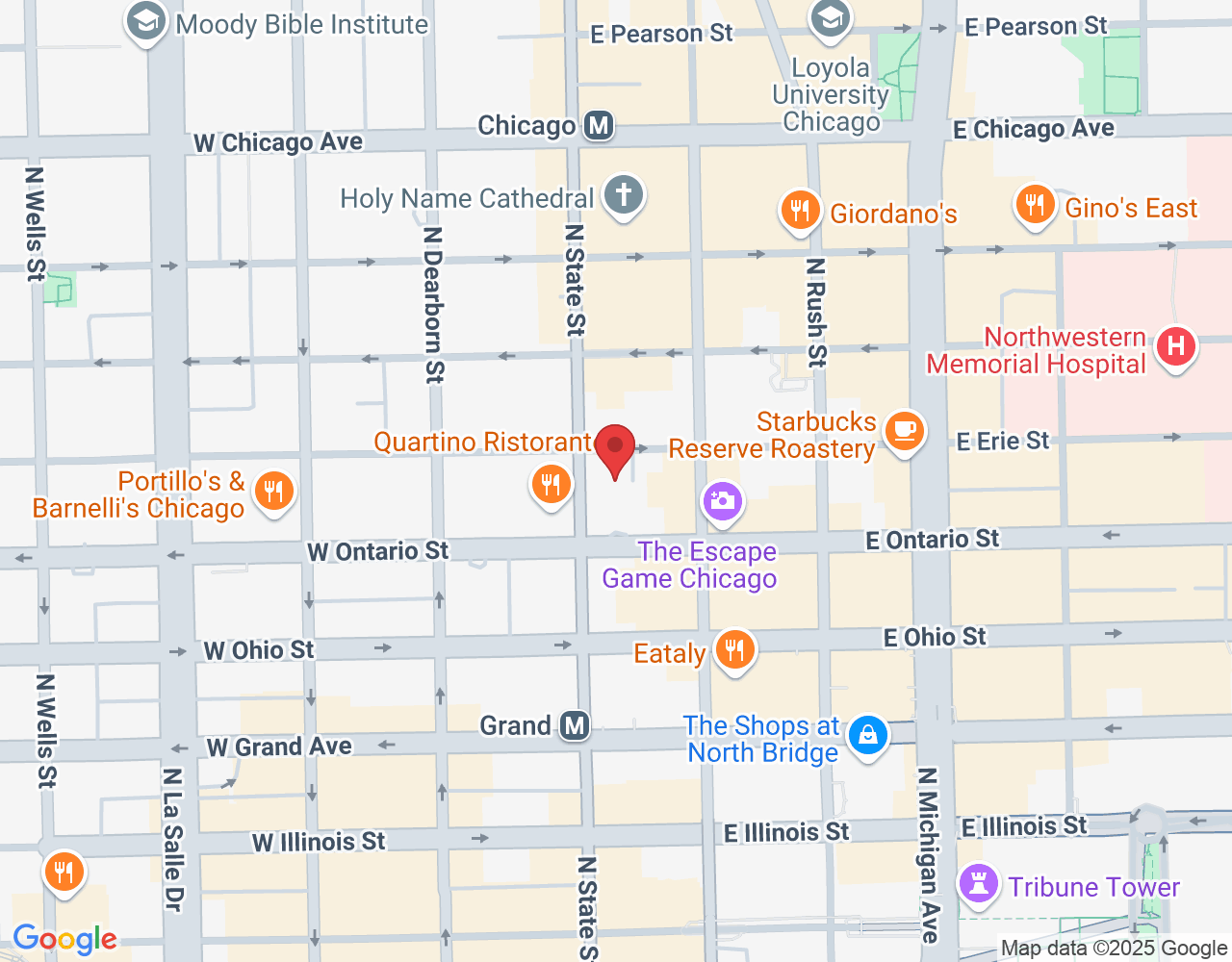
Acquire Burial Insurance With a Two-Year Cancer Review Period
In today's unpredictable world, safeguarding your family's future is crucial. An often overlooked aspect of financial planning is burial insurance. This article explores securing comprehensive burial insurance with a two-year cancer review period. Our aim is to provide insights into this specialized insurance, empowering you to make informed decisions for your family's financial security.
Burial insurance with cancer: What does it entail?
Burial insurance, also referred to as final expense or funeral insurance, is designed to cover the costs associated with your funeral and burial. It provides reassurance that your loved ones won't bear the financial burden of your final arrangements.
What is Cancer and Its Symptoms?
Cancer is a condition characterized by uncontrolled cell division and the potential spread to other organs in the body. With over 100 different types, it can manifest in various areas of the body.
Distinguishing between malignant (cancerous) and benign (non-cancerous) tumors is crucial. Among the most common malignancies are breast, lung, and prostate cancer.
Symptoms of cancer may include:
Fatigue, weakness, and weight loss
Changes in bowel habits
Unexplained bleeding or discharge
Persistent sores that do not heal
Presence of lumps or swelling in any part of the body
When diagnosed with cancer, many individuals wonder about the fate of their burial insurance.
The answer varies based on the type of policy held. Generally, even with a cancer diagnosis, individuals remain eligible for burial insurance coverage. However, there are exceptions to this rule.
Burial policies typically provide a payout upon death within the first two years of issuance. Beyond this period, the insurance may not pay out unless it's renewed and maintained, usually on an annual basis.
Hence, if diagnosed with cancer and the burial insurance isn't renewed, the payout may not occur upon death.
Top Insurance Option for Cancer
Two Years Cancer-Free
If you've been cancer-free for over two years, you can answer "No" to cancer-related queries on the application. This status enables you to secure life insurance at the most affordable rate.
Coverage starts the day after with a reduced death benefit.
Unlike regular life insurance, which necessitates a comprehensive medical exam, the simplified issue death benefit plan only requires a few questions for coverage assessment, simplifying the process.
With a level premium, this policy maintains a consistent cost and offers first-day coverage. Your insurance cost remains constant, and in the event of your passing, your beneficiary receives full reimbursement.
The affordable death benefit plan delivers fundamental coverage akin to a guaranteed burial insurance policy, all at a competitive rate.
If your treatment has proven effective for over two years, you meet all eligibility criteria for this plan.
Cancer Diagnosis or Treatment
Securing life insurance coverage when dealing with certain cancers like non-basal or squamous cell carcinoma can pose challenges. Similarly, undergoing treatment or having a medical condition might affect your eligibility for specific policies.
Existing medical conditions may lead to coverage denial by insurance providers. However, alternatives exist for those seeking life insurance despite pre-existing medical conditions.
Consider guaranteed issue or acceptance insurance, which requires no medical exam. This policy type provides coverage regardless of your health status, albeit potentially at a slightly higher premium.
Obtaining coverage is straightforward if you're over 50 or 80 years old, a U.S. citizen, and legally competent to enter into a contract.
Diagnosed within the Last Two Years and Undergoing Treatment
If you received a cancer diagnosis within the past two years and are still undergoing treatment, you may qualify for a first-day benefit plan. This plan offers immediate coverage, with the death benefit gradually activating over time.
What if you're diagnosed with a severe illness like cancer? Does that mean you can't obtain burial insurance?
Many insurers offer "cancer riders" as part of their standard funeral insurance policies.
With these riders, you're eligible to claim benefits for cancer diagnosis and treatment within two years of the policy's effective date or anytime during your coverage period.
These policies are unique because they specifically cover cancer-related claims, unlike other insurance policies that provide broader coverage.
They're designed to alleviate the financial strain of cancer treatment expenses.
Do I need a medical test to qualify for Burial insurance with A Two-Year Look-Back For Cancer?
No. Burial insurance with A Two-Year Look-Back For Cancer is available without a medical exam.
The application process only requires answering a few basic health-related questions.
You won't need to provide medical records, blood samples, or urine samples.
Typically, you'll receive formal approval from the insurance company within minutes of applying!
Burial Insurance Underwriting With Cancer
If you're considering a way to ease the financial burden of your funeral expenses for your loved ones, burial insurance is an excellent option. Applying for coverage with underwriting can help you secure the best premium cost available.
You can typically obtain funeral insurance by providing some health-related information. Companies that underwrite this type of insurance often offer the best rates and swift coverage.
Many burial insurance providers offer competitive rates and immediate coverage.
Given the higher risk associated with cancer, it may pose challenges in the application process. As a result, expect to encounter multiple insurance questions related to cancer on the medical health questionnaire.
"Health-related" questionnaire
Instead of undergoing a medical examination, you can opt for burial insurance rather than life insurance. Companies will assess your health through:
The app will address your health-related inquiries.
Your complete medical history is documented in a file known as the Medical Information Bureau, accessible in various countries.
Their medical history includes details of prescription medications currently or previously taken by a typical patient.
The Department of Motor Vehicles now allows access to driving records, while some employers may conduct phone interviews.
Your responses to the health questionnaire determine your eligibility for insurance.
“knockout” section option
In the "knockout" segment of your health questionnaire, all life insurance companies inquire about medical conditions. There is typically a minimum two-year retrospective period.
Most insurers may not offer you the highest-tier plan if you have undergone cancer remission until a certain duration, often two years, has elapsed.
Do you currently have cancer?
Have you ever experienced multiple instances of cancer, whether the same or different types?
Have you received a diagnosis of metastatic cancer?
“Modified or Graded” Section
Regrettably, "Modified" and "Graded" are terms utilized by these companies to denote a higher-risk applicant, resulting in elevated premiums and waiting periods.
Here are some cancer-related questions you may encounter on an assessment or questionnaire:
Have you received a cancer diagnosis in the past two years?
Have you undergone recent chemotherapy or radiation therapy?
Were you advised to undergo either of these treatments?
To qualify for a plan with first-day coverage, all three of the following questions must be answered affirmatively.
Approved cancer medications:
In addition to health-related inquiries, insurers may evaluate your health based on prescribed medications. The use of prescription drugs is often part of cancer treatment.
Insurers may take note if you have taken any of these medications within the last two years, indicating potential cancer treatment:
Bortezomib (Velcade)
Oxaliplatin (Eloxatin)
Chlorambucil (Leukeran)
Gemcitabine (Gemzar)
Imatinib (Gleevec)
Irinotecan with cyclophosphamide (Cytoxan, Neosar)
Liposomal irinotecan injection (Onivyde)
Tamoxifen (Nolvadex)
Cancer typically requires a minimum lookback period of two years.
Employers will invariably review your cancer history spanning at least the past two years. It's unlikely for any employer to limit inquiries to just the previous 12 months.
Should you have had cancer within the preceding two years, you may face penalties imposed by the insurance provider.
Types of cancer that may not be considered:
There's often a variety of cancers, each with its own level of risk, as cancer affects individuals uniquely. However, specific cancer types may not significantly impact insurance rates.
Basal cell carcinoma
Squamous cell carcinoma
When completing a final expense life insurance application that includes cancer exceptions, you may opt to disclose any treatable cancers you currently have. This disclosure typically does not affect coverage eligibility.
Benefits of obtaining burial insurance for cancer:
The advantages of cancer patients acquiring burial insurance with a two-year lookback period are manifold:
Firstly, it's crucial to note that you can secure this type of policy even if you're currently cancer-free. In the event of falling ill, it's designed to cover your funeral and burial expenses.
Many individuals mistakenly believe they don't need this type of insurance because there's no family history of cancer. However, this assumption is inaccurate!
Taking precautions now is wiser than waiting until it's too late, as you never know when your risk may escalate.
Another benefit of obtaining burial insurance with a two-year cancer lookback is its utility as an investment tool and a means to cover burial expenses posthumously.
Imagine the scenario where you purchase such a policy and later opt to terminate it. In that case, you can utilize funds from an annuity or other investments to cover your funeral and burial expenses.
This approach ensures you don't exhaust all your funds on a contingency that may never materialize!
Factors to consider for burial insurance with cancer:
Several factors determine your eligibility for burial insurance if you have cancer:
The date of your cancer diagnosis
The timing and types of cancer treatments received, including surgery, radiation, immunotherapy, hormone therapy, and chemotherapy
Your current prescription medications
The duration of your remission period
How to secure the most affordable burial insurance for cancer:
If you're cancer-free, consider purchasing insurance before a diagnosis. Opting for coverage at a younger age can be advantageous.
For those currently battling cancer, in remission, or undergoing treatment, obtaining insurance promptly is advisable. Securing coverage now allows you to lock in favorable rates and maintain consistent premiums.
Fortunately, burial insurance is accessible to many cancer survivors. Partnering with an independent insurance broker streamlines the process and ensures access to the best rates from top-rated insurers.
At BestBurialPolicy.com, our Final Expense Insurance Specialists are dedicated to finding tailored coverage solutions. With access to A+ rated insurance providers, we offer unique benefits uncommon in this insurance category.
Regardless of health conditions, we prioritize providing optimal final expense insurance coverage.
Contact us at (855) 468-8900, and we'll be happy to assist you.
Conclusion
If you've recently been diagnosed with cancer, you may question your eligibility for burial insurance.
Most insurers typically consider a two-year lookback period for cancer diagnoses. This means that if you were diagnosed with cancer within the last two years, you may not qualify for coverage.
However, even with a cancer diagnosis, obtaining affordable life insurance may still be possible. The most favorable options are often available to cancer survivors who have been in remission for more than two years.
If you've successfully fought cancer and have remained in remission for over two years, it's advisable to explore acquiring affordable life insurance.
Evaluate quotes from leading insurance providers
Compare quotes from top insurance carriers
Best Plan For Me
Qualified Health Impairments
This site provides life insurance information and quotes. Each rate shown is a quote based on information provided by the carrier. No portion of BestBurialPolicy.com may be copied, published or distributed in any manner for any purpose without prior written authorization of the owner.




